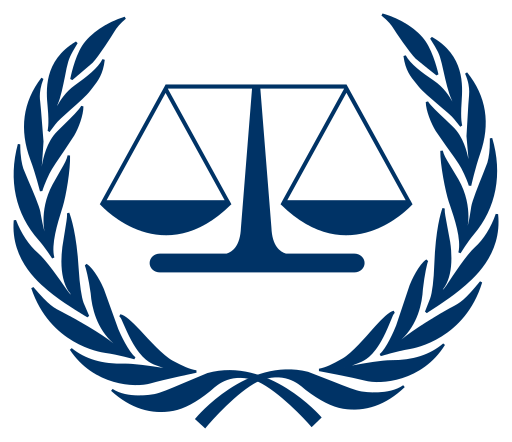
“[W]e currently have an inferno of political violence to which the president of the United States adds fuel,” Jennifer Rubin thunders from her bully pulpit at the Washington Post. “[I]t is time for bipartisan voices, local and state leaders, police and other first responders, civic and religious leaders, and all responsible media outlets to try to quench the flames of violence.”
Rubin is no lone voice in the wilderness. As America’s latest long hot summer drags into autumn, politicians and pundits are getting louder and more shrill in their denunciations of political violence.
Considering the sources, those denunciations smack of hypocrisy.
In another Post column published the very same day as her rant against political violence, Rubin tells us US Senator Tammy Duckworth (D-IL) should be “revered and thanked for her courage and service to the country.” Duckworth lost her legs co-piloting a helicopter during the US occupation of Iraq. That is, engaging in unambiguously political violence on behalf of the US government.
Rubin denounces political violence out of one side of her mouth while lionizing it out of the other.
Politics as we know it today is entirely based on violence and the threat of violence.
That’s most obvious in the case of war, in which governments settle their political conflicts by sending forth their armed servants in large numbers to murder one another (and anyone else with the bad luck to get in the way), but don’t be fooled: Every government edict, at home and abroad, is backed by the credible threat of violence.
According to the Declaration of Independence, government exists to protect our rights. It may only legitimately use force to do so, and to bring to justice those who violate those rights.
If government accomplished that mission and went no further, it might be an acceptable, even worthwhile institution. But it doesn’t accomplish that mission very well, and it inevitably turns the inch it’s given into miles.
Why? Because the problem with power, as Lord Acton noted, is that it corrupts. Governments, and those who run and rely on them, always turn from the task of protecting our rights to increasing their power.
At the far, not always visible, end of every government demand — a speed limit, a tax code, a drug prohibition, what have you — stand men and women with guns, waiting to cage or kill you for non-compliance or defiance.
As for democracy, as currently practiced it’s merely a contest to see who gives armed enforcers their marching orders. America’s two “major” political parties don’t want to end political violence; they merely want control of those they deem its “legitimate” combatants.
The present conflagration — marches in the streets, clashes between protesters and police, cities on fire — shouldn’t surprise us.
Sometimes the state’s victims fight back. And then the state pours on even more force, because that’s its nature. It’s a cycle that can only be broken by abolishing the state itself. Which means that only anarchists enjoy moral standing to denounce political violence.
Thomas L. Knapp (Twitter: @thomaslknapp) is director and senior news analyst at the William Lloyd Garrison Center for Libertarian Advocacy Journalism (thegarrisoncenter.org). He lives and works in north central Florida.
PUBLICATION/CITATION HISTORY


